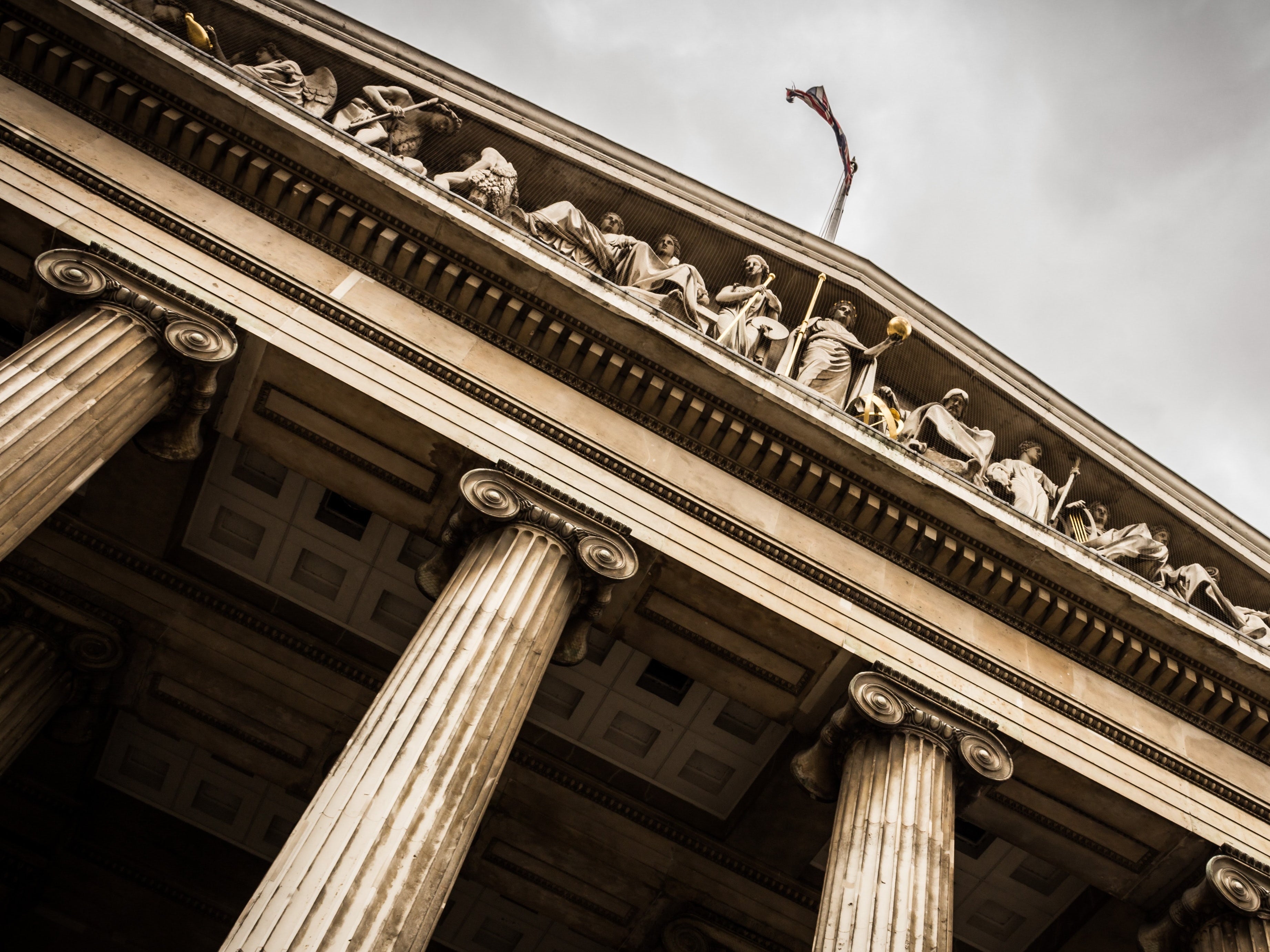
While ICAC appears to operate like a court, there are some unique characteristics to be aware of.
In this article, we look at the ICAC’s powers and functions and what to do if you are involved in a compulsory examination or public enquiry.
What is ICAC?
The Independent Commission Against Corruption, commonly known as the ICAC, was established in 1988 as an independent organisation to protect the public interest, prevent breaches of public trust and guide the conduct of public officials in the NSW public sector.
The ICAC's principal functions are to:
The ICAC has extensive powers of investigation and may conduct public inquiries for its investigations.
What can ICAC investigate?
ICAC can investigate corrupt conduct that:
Whilst ICAC can only investigate matters relating to corruption involving or affecting the NSW public sector, private citizens or entities can also engage in corrupt conduct by adversely affecting an NSW public official or authority, for example through bribery, blackmail or fraud, or obtaining financial benefit by vice engaged in by others.
Private citizens or entities may be summoned as a witness to participate in a compulsory examination or public inquiry, whether or not they have engaged in corrupt conduct.
ICAC can also investigate matters referred to it by the NSW Electoral Commission under section 13A of the Independent Commission Against Corruption Act 1988 (ICAC Act).
ICAC jurisdiction – what ICAC can and can’t investigate
By law the ICAC is required to:
The ICAC cannot:
Compulsory examination and public inquiries
ICAC can hold public inquiries, compulsory examinations or both.
A compulsory examination of a person is conducted in private. The decision to hold a compulsory examination may include circumstances in which it is necessary to safeguard witnesses or the integrity of investigations.
Public inquiries are advertised on the ICAC website to advise when the inquiry will be held and the scope and purpose of the investigation, and are available to view by any member of the public.
In deciding to hold a public inquiry, ICAC must consider the public interest, as required under section 31 of the ICAC Act. In making that determination, the Commission is to consider the following:
Any witness at an ICAC public inquiry or compulsory examination is generally permitted legal representation.
ICAC investigative powers
For an investigation, the ICAC has wide powers to obtain information and documents from any person.
ICAC can also enter public premises occupied or used by a public authority or official at any time without the need for a search warrant. ICAC can inspect and take copies of any documents or things in those public premises.
Privilege and evidence
Grounds of privilege (including legal professional privilege) also apply at the investigation stage in relation to the production of documents and information, except for:
At a compulsory examination or public inquiry, the only ground of privilege that is available to the witness is legal professional privilege specific to any advice received for their appearance at ICAC.
ICAC is not bound by normal rules of evidence. ICAC can inform itself on any matter in such manner it considers appropriate.
Answering questions before ICAC
If called to a compulsory examination or public inquiry, a witness must:
Any person giving evidence at a compulsory examination or public inquiry that is false or misleading in a material particular is guilty of an indictable offence. The maximum penalty for this offence is 200 penalty units (currently $22,000) or imprisonment for five years, or both.
A witness at a compulsory examination or public inquiry cannot refuse to answer any question or produce any document on the ground of self-incrimination. However, if the witness objects to giving the answer or document, these answers or documents are not admissible in evidence against the witness in any civil, disciplinary or criminal proceedings.
Oversight
Oversight of ICAC is provided by its Inspector, who is an independent statutory officer that ensures ICAC complies with the law and does not abuse the considerable powers which Parliament has vested in it. The role of the Inspector is set out in Part 5A of the ICAC Act.
Oversight of ICAC is also provided by the Parliamentary Joint Committee, who reviews and reports to Parliament on the ICAC and ICAC Inspector’s performance and their annual and other reports. The Committee can report on changes needed to the ICAC and the ICAC Inspector's functions, structures and processes. The Committee's functions are at Part 7 of the ICAC Act.
Conclusion
ICAC is a unique body in NSW that has the appearance of a court but has some very important differences and special features. These can be confusing without a proper appreciation of the body, its functions and its powers.
Authors: Scott Alden & Victoria Gordon
Disclaimer
The information in this publication is of a general nature and is not intended to address the circumstances of any particular individual or entity. Although we endeavour to provide accurate and timely information, we do not guarantee that the information in this newsletter is accurate at the date it is received or that it will continue to be accurate in the future.
Published by: